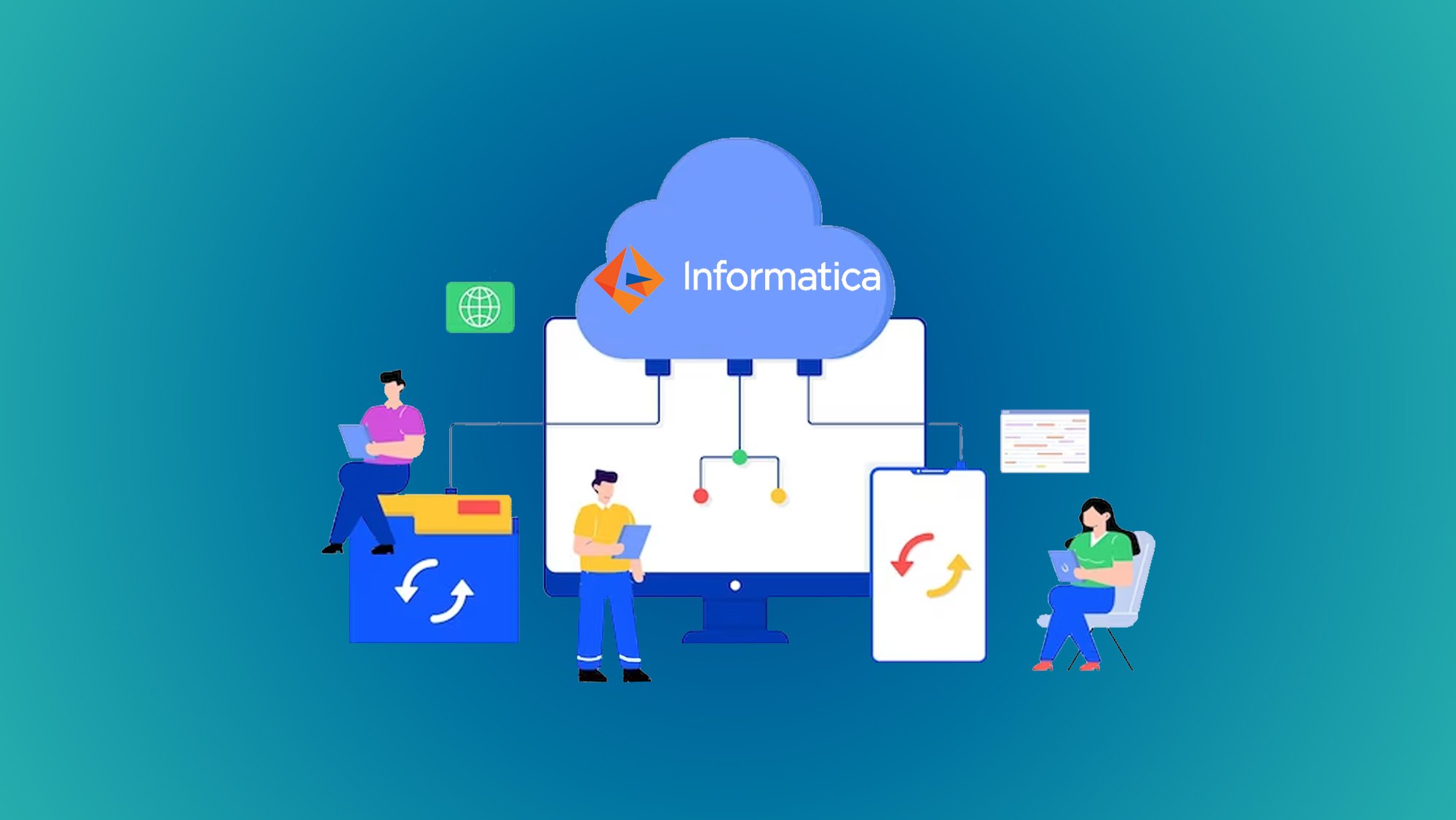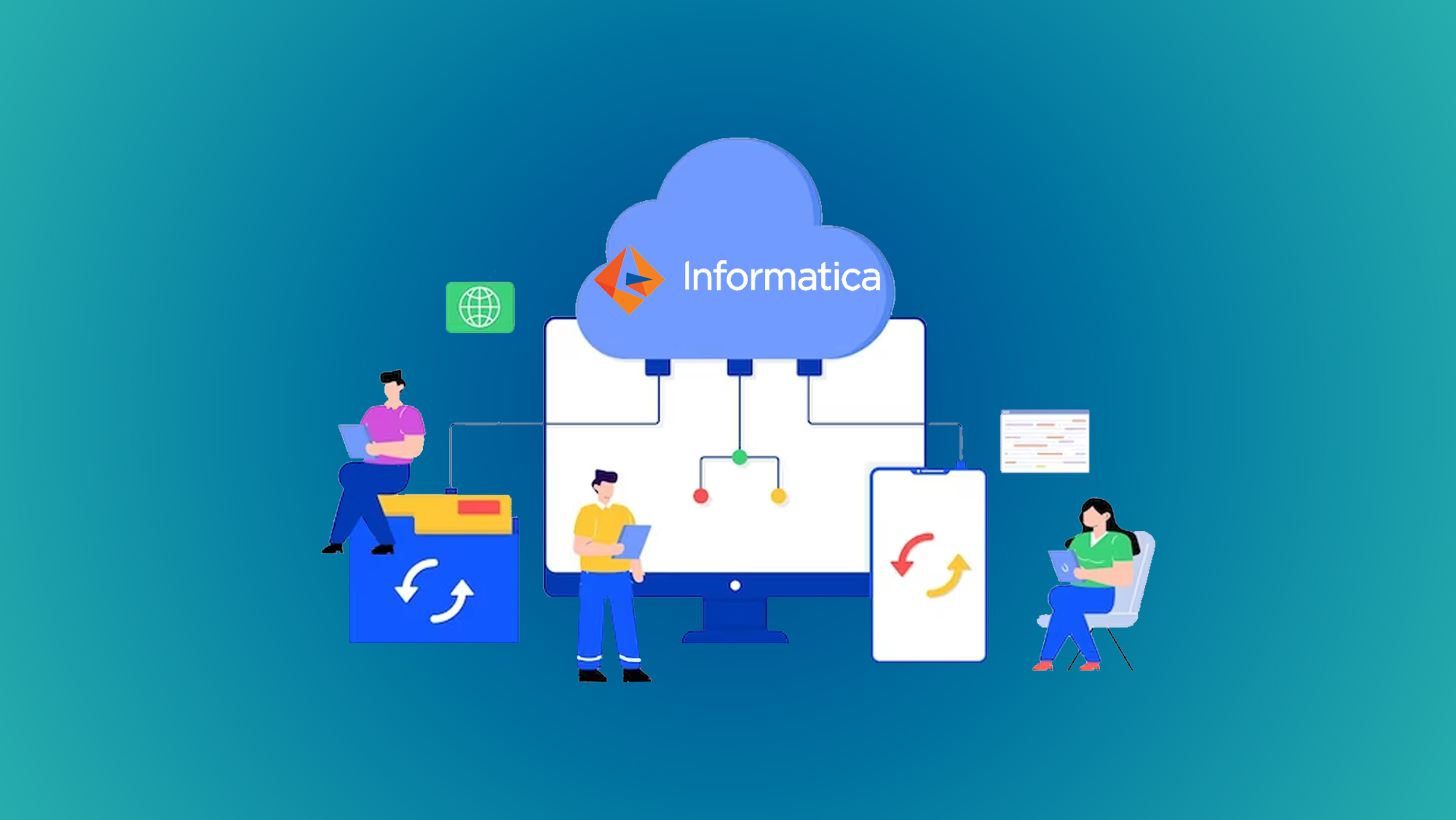What are the Key Components of Informatica Cloud Training?
- Introduction to Informatica Cloud: An overview of what Informatica Cloud is, its significance in modern data management & its role in cloud-based integration.
- Cloud Data Integration: Understanding how to design, create, and manage data integration workflows between various cloud and on-premises data sources using Informatica Cloud.
- Data Synchronization and Replication: Learning how to synchronize and replicate data across different systems, databases, and applications for consistency and availability.
- Data Quality Management: Exploring techniques to ensure data accuracy, completeness, and consistency through data profiling, cleansing, and enrichment.
- Cloud Application Integration: Integrating cloud-based applications with Informatica Cloud to enable seamless data flow and interaction between different software platforms.
- Real-time Data Integration: Understanding how to implement real-time data integration solutions to enable up-to-the-moment data updates and decision-making.
- Data Transformation: Mastering the art of data transformation to ensure that data is properly structured, formatted, and optimized for its intended purpose.
- Workflow Automation: Learning how to design and automate complex data workflows, making data integration and management processes efficient and streamlined.
- Monitoring and Troubleshooting: Exploring techniques to monitor data integration processes, identify issues, and troubleshoot errors effectively.
- Security and Compliance: Understanding security measures and best practices to ensure data privacy, compliance with regulations, and protection against unauthorized access.
- Best Practices and Use Cases: Studying real-world use cases and industry best practices to apply Informatica Cloud effectively in different scenarios.
- Hands-on Labs and Projects: Engaging in practical exercises, labs, and projects that provide hands-on experience in using Informatica Cloud to solve real data integration challenges.
- Certification Preparation: If applicable, training may also prepare participants for Informatica Cloud certification exams, validating their expertise in using the platform.
Who Needs Informatica Cloud Training?
Informatica Cloud training is essential for data professionals, IT personnel, and business analysts seeking to harness cloud-based data integration and management solutions. Organizations transitioning to cloud environments, managing diverse data sources, or aiming to improve data quality and accessibility will benefit greatly. Professionals aspiring to streamline data workflows, enhance decision-making, and ensure compliance will find Informatica Cloud training invaluable in staying competitive in today's data-driven landscape.
Informatica Cloud Career Opportunities
- Data Integration Developer/Engineer: These roles involve designing, developing, and maintaining data integration workflows. Professionals utilize Informatica Cloud's capabilities to ensure seamless data movement between various sources, databases, and applications. They play a critical role in ensuring data consistency, accuracy, and accessibility.
- Cloud Data Architect: Cloud data architects leverage Informatica Cloud to design and implement scalable and efficient data architectures in cloud environments. They strategize how data is stored, accessed, and integrated across cloud platforms, optimizing performance and resource utilization.
- Data Engineer: Data engineers use Informatica Cloud to create and manage data pipelines. They are responsible for collecting, processing, and transforming data into formats suitable for analysis. This role requires a deep understanding of data manipulation and integration techniques.
- Business Intelligence Analyst: Informatica Cloud enables BI analysts to access and prepare data for reporting and analytics. These professionals leverage the platform to extract, transform, and load data into data warehouses, ensuring accurate and reliable insights for business decision-making.
- Data Quality Manager: Data quality managers ensure that data is accurate, consistent, and reliable. They use Informatica Cloud's data profiling, cleansing, and enrichment capabilities to identify and rectify data quality issues, enhancing the overall data integrity within an organization.
- ETL Developer: ETL (Extract, Transform, Load) developers utilize Informatica Cloud to extract data from various sources, transform it into the desired format, and load it into target systems. They are responsible for the end-to-end data movement process and play a pivotal role in maintaining data accuracy.
- Cloud Integration Specialist: As more businesses adopt cloud solutions, cloud integration specialists leverage Informatica Cloud to seamlessly connect cloud applications, databases, and services, ensuring smooth operations and data consistency.
- Data Consultant: Consultants with Informatica Cloud expertise offer specialized advice to organizations on optimizing their data integration and management strategies. They design tailored solutions, implement best practices, and troubleshoot data-related challenges.
- Solution Architect: Informatica Cloud-savvy solution architects design end-to-end data solutions that encompass integration, storage, analysis, and visualization. They ensure that an organization's data ecosystem aligns with its strategic goals.
- Project Manager: Project managers with knowledge of Informatica Cloud oversee data integration projects, ensuring timelines, budgets, and quality targets are met. They facilitate communication between technical teams and stakeholders.
Prerequisite for Informatica Cloud Courses
Prerequisites for Informatica Cloud courses can vary based on the specific course level and content. However, generally, participants are expected to have a foundational understanding of databases, data management concepts, and basic knowledge of cloud computing. Proficiency in using data integration tools and technologies could be beneficial. Additionally, familiarity with SQL, scripting languages, and cloud platforms like AWS, Azure, or Google Cloud may enhance the learning experience. Some advanced courses might require prior experience with Informatica PowerCenter or other Informatica products. Overall, a blend of technical skills, data awareness, and cloud comprehension will ensure a more productive engagement with Informatica Cloud training.
Conclusion
Informatica Cloud training opens doors to a realm of opportunities in the dynamic landscape of data integration and management. Equipping individuals with the skills to seamlessly connect, transform, and ensure data quality across various sources, the training empowers professionals to excel in roles like data engineers, architects, and analysts. With organizations increasingly relying on cloud-based solutions, mastering Informatica Cloud proves to be a valuable asset for those aiming to drive efficiency, accuracy, and innovation in the data-driven world.







No Comments Yet
Let us know what you think